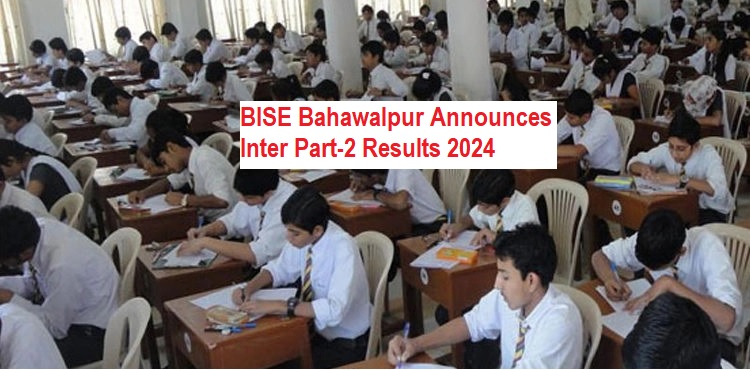In a recent development, the Vice Chancellor of Air University has been summoned by the Pakistan Information Commission, scheduled for October 18. The commission has requested the Vice Chancellor to appear in person or designate a representative from his department for the upcoming hearing. The commission has firmly warned that if the Vice Chancellor fails to appear, an ex-parte decision may be taken, subject to the relevant provisions of the Act.
The Background
The summons were issued following Air University’s inability to provide requested information to a concerned citizen under the Right of Access to Information Act of 2017. Despite multiple follow-ups and a considerable lapse of time (more than 24 working days), the requested information remained elusive.
READ MORE: Punjab Government Introduces Extra Weekly Holiday to Combat Smog Crisis
The Commission’s Actions
The Pakistan Information Commission, in response to the complaint and supporting evidence, has scheduled a regular hearing on October 18 at 11:30 AM. It is crucial to note that, at the federal level, all public bodies are legally obligated to provide requested information to Pakistani citizens within ten working days. The Commission holds the authority to exercise powers akin to a civil court, allowing them to issue summons for witnesses or records.
Furthermore, the Commission is vested with the authority to impose fines and even award jail sentences of up to two years to individuals found guilty of non-compliance. It’s also essential to highlight that, as per the law, the destruction of any official record is a punishable offense.
The Importance of Access to Information
The Right of Access to Information Act 2017 is a significant piece of legislation that empowers citizens to access information held by public bodies. It’s a fundamental right that promotes transparency, accountability, and good governance. When public institutions fail to provide information as required by the law, it not only reflects poorly on their commitment to these principles but also leads to legal consequences.




